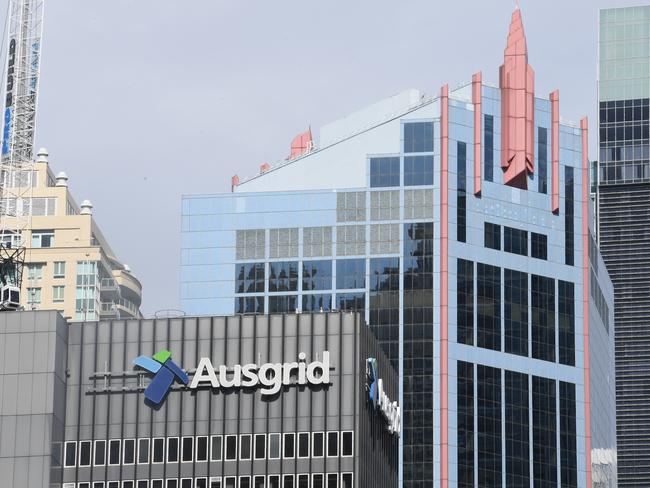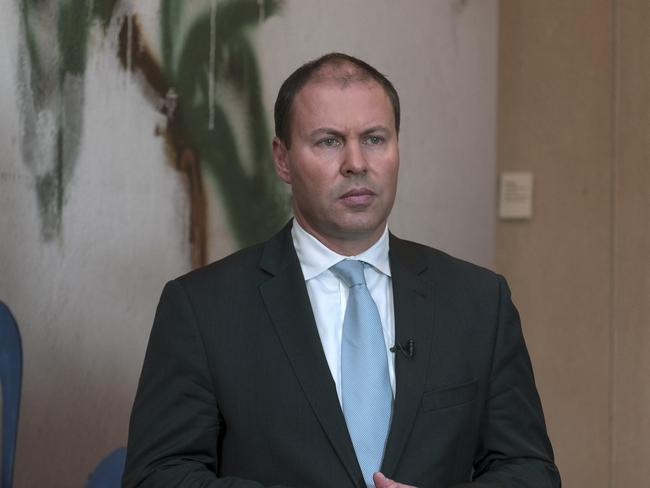Plan to hit heavy power users with surcharge
HEAVY electricity users could be hit with surcharges in a bid to reduce their use during peak periods and in turn cut power bills for average households, under a bold new plan from providers.
NSW
Don't miss out on the headlines from NSW. Followed categories will be added to My News.
HEAVY electricity users will be hit with surcharges in a bid to reduce their use during peak periods, and in turn cut power bills for average households.
The proposal from the state’s largest poles-and-wires operator Ausgrid would represent the first fall in network costs in years.
Ausgrid’s proposal would lock in a 4 per cent decrease in prices it charges customers for its network over the next five years, after strong criticism of the company from the market watchdog and Energy Minister Josh Frydenberg.

Ausgrid proposes applying a surcharge on customers who use especially large amounts of electricity at peak times in order to “give them a stronger incentive to reduce their network usage” at those times.
By managing demand, Ausgrid could reduce the amount it needs to spend replacing equipment and power lines.
Power prices in Australia now killing jobs and businesses
Consumers should be told before power price rises
David Blowers: Why are our power bills so high?
But consumer advocates are already slamming the plan.
“Prices have almost doubled over the past decade and, given the track record of this network, we don’t think this is enough,” Energy Consumers Australia chief executive Rosemary Sinclair told The Daily Telegraph.
“We’ll be working with the regulator who makes the final call to get an even better outcome.”
The proposal, lodged yesterday, also shows that the company spent $496 million less than it had told regulators it would — $3 billion compared with $3.5 billion — on new infrastructure between 2014 and 2019.

Because Ausgrid has a monopoly on electricity transmission in large parts of the state, it must submit its expenditure estimates and proposed price increases to the Australian Energy Regulator for approval every five years. The AER declined to comment.
Ausgrid chief Richard Gross said in the past the big cost increases, passed on to consumers through electricity retailers, were due to the need to replace ageing equipment and power lines.
“Now we are focusing on ensuring we only replace assets that require it or are at the end of their economic or technical life, and we are looking at all the alternatives like demand management to ensure if there’s any better way to deliver the capacity that’s required we take it,” Mr Gross said.

“Our peak demand is 5pm to 7pm after a series of hot nights, so if we can shave that peak demand in some way we don’t have to build and spend as much on infrastructure.
“Therefore the pricing is a fairer pricing, so if you are not using the demand at the peak you pay a lower price.”
The Ausgrid proposal is the first since Mr Frydenberg abolished the right of network companies to appeal pricing decisions by the AER, which the government said had added $6.5 billion to household energy bills since 2008.


